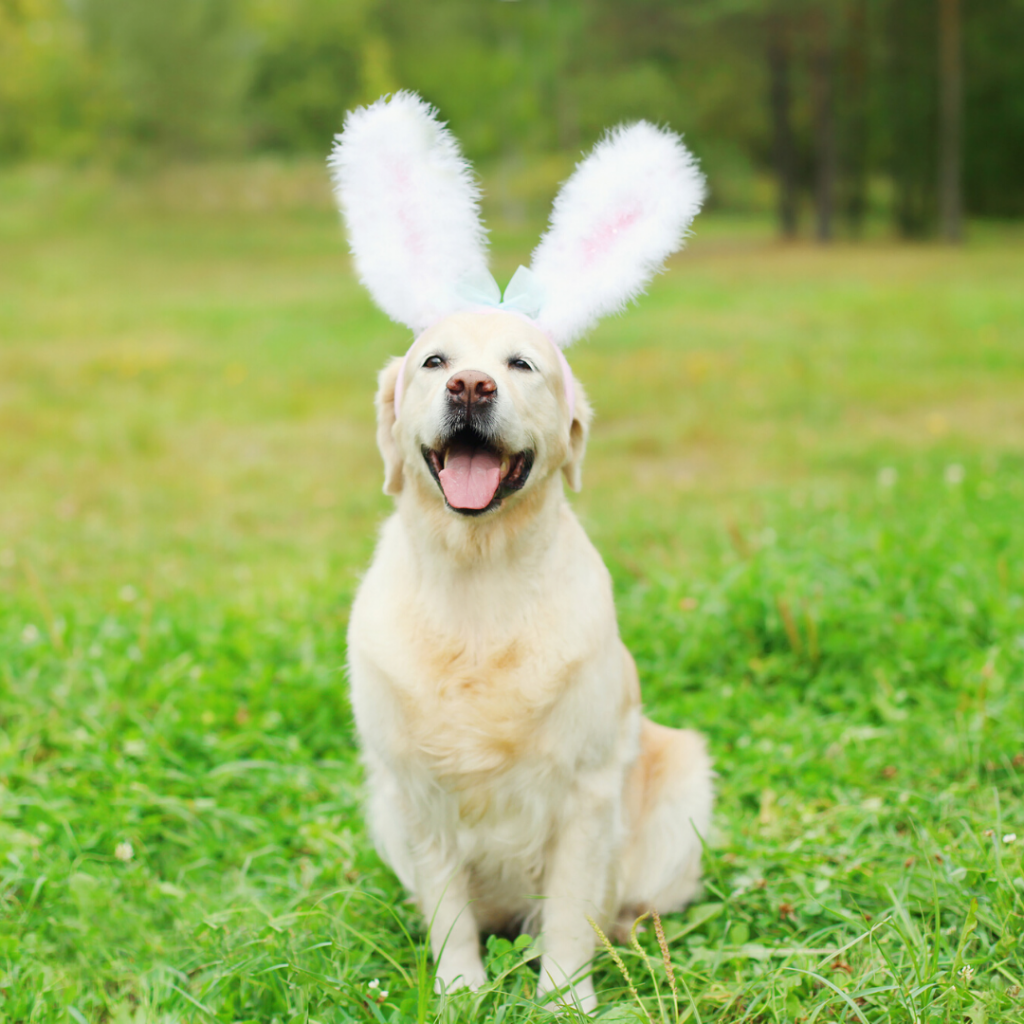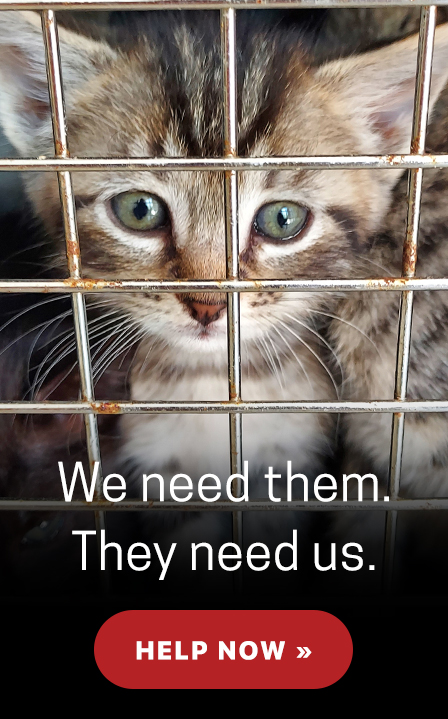Although our normal daily routines have been upended due to the coronavirus pandemic, the earth is still turning and as always, the days are getting longer, flowers are blooming and birds are singing because spring is here! American Humane is buzzing with spring fever as we look forward to another season of working with – and on behalf of – the animals we love.
This weekend, many will be celebrating the Easter holiday, but due to social distancing, you may not be able to gather with your usual crew of family members and friends. Luckily, you still have your pets to keep you company! And as such, we want to remind animal lovers everywhere to take steps to keep their pets safe from the following potential holiday hazards.
Easter Baskets and Candy
Children’s Easter baskets should always be kept out of reach from pets. Just like us, pets are tempted by holiday treats. Candy and chocolate can affect a pets’ nervous system if ingested, and xylitol, an ingredient found in sugar-free candies and gum, can be toxic to dogs and cats. The colorful plastic grass and eggs found in Easter baskets can also prove dangerous: pets love to nibble on them and, if ingested, these decorations can lead to a blockage of their tiny digestive tracts. To keep pets safe, put Easter baskets and candy on high shelves, away from the reach of a curious dog or cat.
Dangerous Blooms
The beautiful Easter lily is one of the most dangerous flowers you can have around your cats. Unfortunately, it’s also one of the most common flowers found in homes around this holiday. It, along with several of the other varieties of ‘true lilies,’ will wreak havoc on cats’ digestive systems, potentially leading to kidney failure or death. Since just one bite of a petal, leaf or stem can harm a cat, we recommend cat owners refrain from keeping the flowers in their homes.
Drinks and Food
As you sit down for your holiday feast, make sure your pet isn’t given table scraps of pork roast, ham or other fatty cuts of meat. Dogs and cats can develop digestive issues or pancreatitis if they consume excessively fatty foods, and the twine that is often used to hold these cuts of meat together can block their digestive tracts. In addition, many of the ingredients used in Easter dishes, such as onions or garlic, are poisonous for pets, as is alcohol. If you have beer, wine and other alcoholic drinks, place them where a sneaky pet can’t get to them.
Easter Animals as Pets
Parents might think it fun to give bunnies or chicks as gifts, especially as their children are stuck at home for the long-term, but these animals require special feeding and care. Sadly, most families are unprepared for the responsibility of owning these vulnerable animals, and unintentionally, many of the baby bunnies, chicks and ducks that become Easter gifts die within a few weeks. Those that do survive the first few post-holiday weeks are often given to animal control or a local animal shelter once the novelty of their presence wears off. Go for a cute stuffed animal instead!
Keeping these few simple precautions in mind will help ensure your beloved four-legged companion can enjoy the holiday weekend too.


